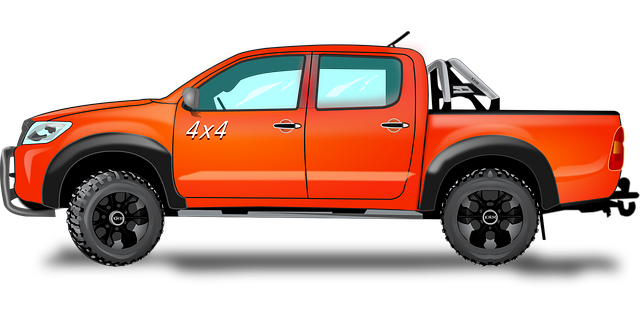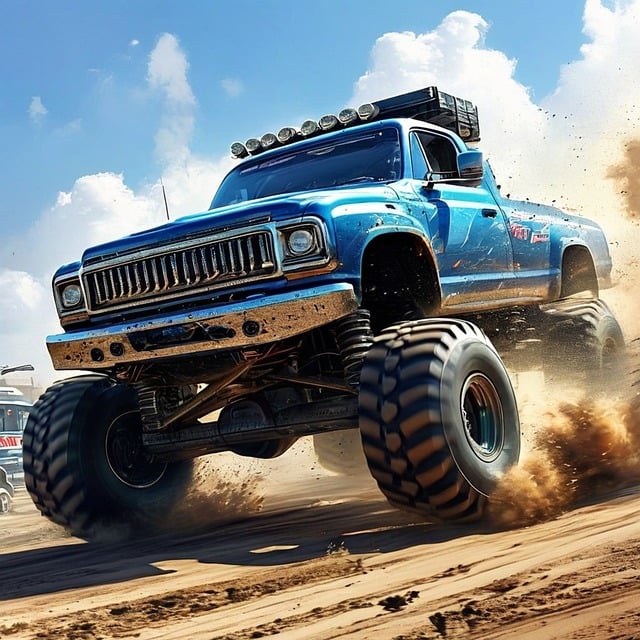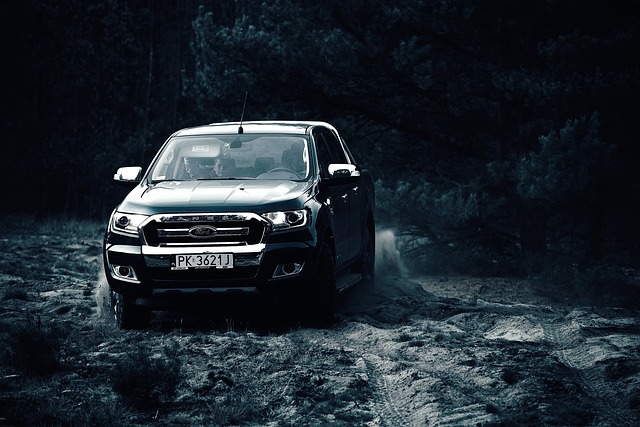Brownville Offroad Parts highlights the importance of receiver hitches for both off-road enthusiasts and everyday drivers, offering durable components for various vehicle types and towing needs. Their hitches, available in Class I, II, and III options, ensure secure attachment, stability, and longevity for light to heavy-duty tasks. Proper installation, maintenance, and expert advice from Brownsville Offroad Parts stores enhance safety and efficiency during off-road adventures and everyday hauling.
“Unleash your vehicle’s towing potential with receiver hitches, a versatile and essential accessory for various outdoor adventures. This comprehensive guide explores the fundamentals of these innovative attachments, highlighting the pivotal role that Brownsville Offroad Parts plays in enhancing their performance. From understanding different types suitable for your vehicle to installation and maintenance tips, we empower you to make informed choices. Discover how Brownsville Offroad Parts ensures a seamless experience, transforming your ride into a capable towing machine.”
- Understanding Receiver Hitches: A Basic Overview
- The Role of Brownsville Offroad Parts in Enhancing Receiver Hitch Functionality
- Types of Receiver Hitches: Which One is Right for Your Vehicle?
- Installation and Maintenance Tips for Optimal Receiver Hitch Performance
Understanding Receiver Hitches: A Basic Overview

Receiver hitches are a crucial component for anyone looking to enhance their vehicle’s capabilities, especially when it comes to towing and hauling. These hitches are designed to attach a trailer or other equipment to your vehicle securely, allowing you to transport various items with ease. At Brownsville Offroad Parts, we understand the importance of reliable and durable receiver hitches for off-road enthusiasts and everyday drivers alike.
A receiver hitch consists of a metal tube that is welded into the bed of a truck or SUV, providing a secure point for attaching a ball mount. This ball mount, in turn, connects to the trailer’s coupler, allowing for easy coupling and uncoupling. With various sizes and capacities available, these hitches cater to different vehicle types and towing needs, making them an indispensable accessory for outdoor adventures and everyday tasks that require hauling equipment or vehicles.
The Role of Brownsville Offroad Parts in Enhancing Receiver Hitch Functionality

Brownsville Offroad Parts plays a pivotal role in enhancing receiver hitch functionality, offering a wide array of durable and high-performance components designed to withstand extreme off-road conditions. Their specialized products are crafted to ensure secure attachment, stability, and longevity for various vehicles, catering to both everyday users and passionate adventurers.
Through meticulous engineering and adherence to quality standards, Brownsville Offroad Parts provides receiver hitches that enable smooth towing, carrying of heavy equipment, and versatile cargo hauling. By integrating their innovative designs into off-road setups, drivers can explore rugged terrain with confidence, knowing their vehicles are equipped to handle unexpected challenges.
Types of Receiver Hitches: Which One is Right for Your Vehicle?

When it comes to choosing the right receiver hitch for your vehicle, there are several types available, each designed for specific needs and applications. Understanding these options is essential when shopping for Brownsville offroad parts. The most common types include class I, II, and III hitches. Class I hitches are ideal for light-duty towing, typically up to 2,000 pounds, making them suitable for smaller vehicles or those with lighter trailers. They are often the simplest to install and offer standard bolt-on mounting.
Class II hitches, on the other hand, are for medium-duty tasks, supporting loads between 2,000 and 5,000 pounds. These hitches provide a more robust solution without being as heavy-duty as class III. They are versatile and commonly used across various vehicles, offering both strength and flexibility. For heavy-duty towing needs exceeding 5,000 pounds, class III receiver hitches are the go-to option, ensuring your vehicle can handle substantial trailers or tow cars with ease.
Installation and Maintenance Tips for Optimal Receiver Hitch Performance

When installing a receiver hitch, ensure it’s aligned properly with your vehicle’s frame for smooth and secure operation. Use high-quality brownsville offroad parts to guarantee durability and longevity. Follow the manufacturer’s guidelines carefully during assembly to achieve optimal performance. Regular maintenance is key; inspect bolts and pins for any signs of wear or corrosion, tightening as needed. Lubrication of moving parts can prevent friction and facilitate smooth trailer connections.
Consider checking your hitch’s clearance when navigating tight corners or low-hanging branches to avoid damage. Clean the hitch area regularly, removing debris that could hinder functionality. Remember, a well-maintained receiver hitch enhances safety and efficiency during offroad adventures. Brownsville offroad parts stores often offer expert advice, ensuring you have the right tools and components for your specific vehicle type.



